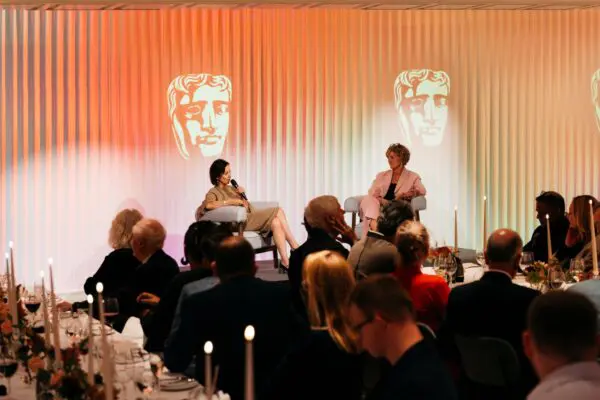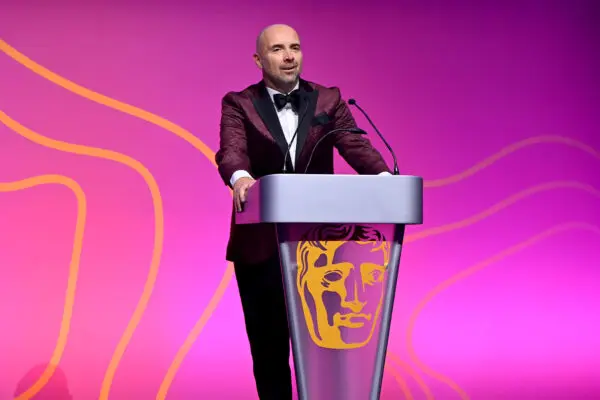Television has the power to change how we see the world. It can offer us fresh perspectives and help us to understand other people’s experiences in a way that should not be underestimated. That is why representation on screen is so important.
Involving those with a lived experience is a vital part of the process and is exemplified in 2025’s new detective drama Code of Silence which features a lip reading protagonist. One in three (18million+) adults in the UK are deaf, have hearing loss or tinnitus, so a TV programme that shows this experience is particularly significant.
Rose Ayling-Ellis who plays the lead character Alice Brooks in the show has been deaf since birth and explains that: “TV does have a lot of power to show a different world, because you can live in a town and you know everybody – it’s all the same people. You can read a book, but your imagination is based on your environment. But TV breaks through that, it gives you a different world that you didn’t think of, it can give you a new imagination. And I’m thinking how when I was younger, growing up, I didn’t see anyone like me on TV. And I love how it is changing now.”
Watch the cast and crew discuss the making of Code of Silence in this exclusive interview with BAFTA’s David Dougherty and Georgia Bishop:









